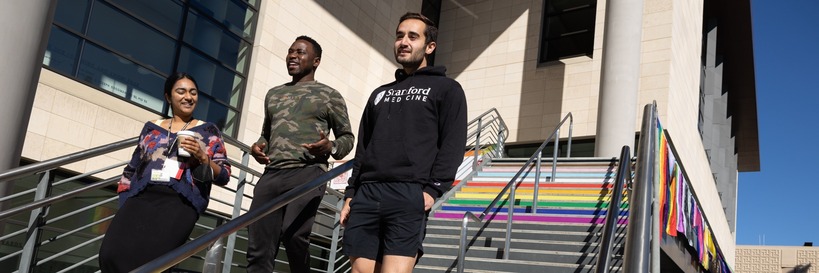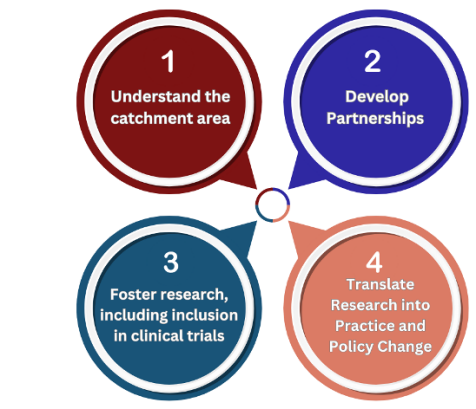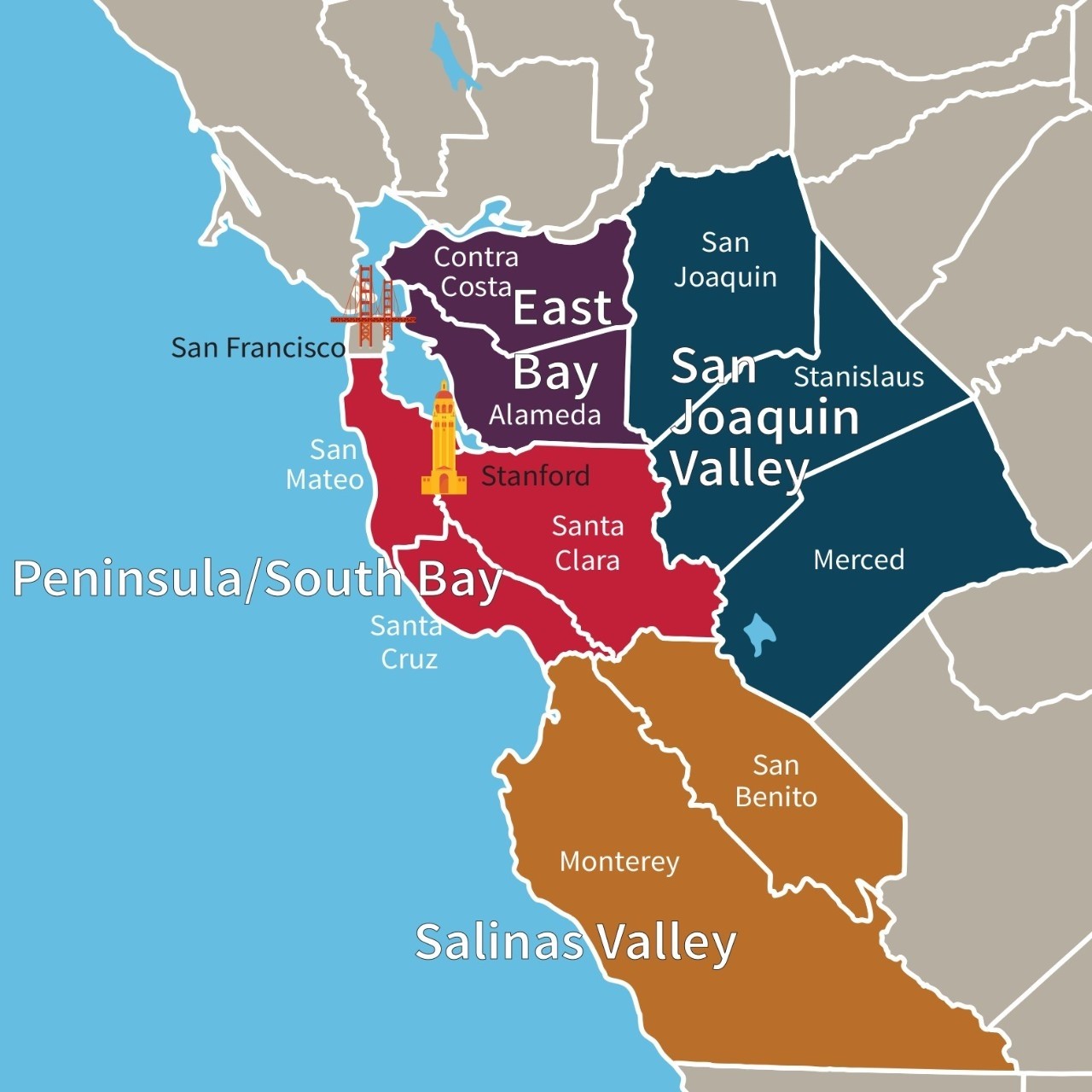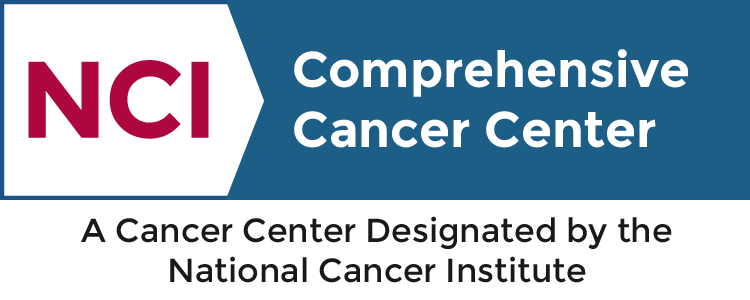The Stanford Cancer Institute (SCI) recognizes that disease pattern, clinical presentation and therapeutic response can vary dramatically based on a number of factors including race/ethnicity, ancestral background, socioeconomic status and gender. SCI researchers are engaged in addressing these challenging issues to ensure that treatments, interventions, and prevention strategies will be relevant to all populations.
The SCI’s Office of Cancer Health Equity was formed to organize and expand the SCI’s efforts to promote health equity, with a focus on four pillars: understanding the needs and priorities of our diverse catchment area, developing and sustaining bidirectional partnerships, increasing representation of minorities in clinical trials, and translating research into practices and policies. Through a wide range of approaches to community-engaged research, community outreach, education, access to clinical care and policy & advocacy we will help to reduce cancer health disparities within our catchment area and beyond.
We also provide technical assistance and services for SCI members who wish to include community engagement in their research. Our goal is to enhance the capabilities of our SCI investigators to conduct community based participatory research. To request assistance please visit our portal.










